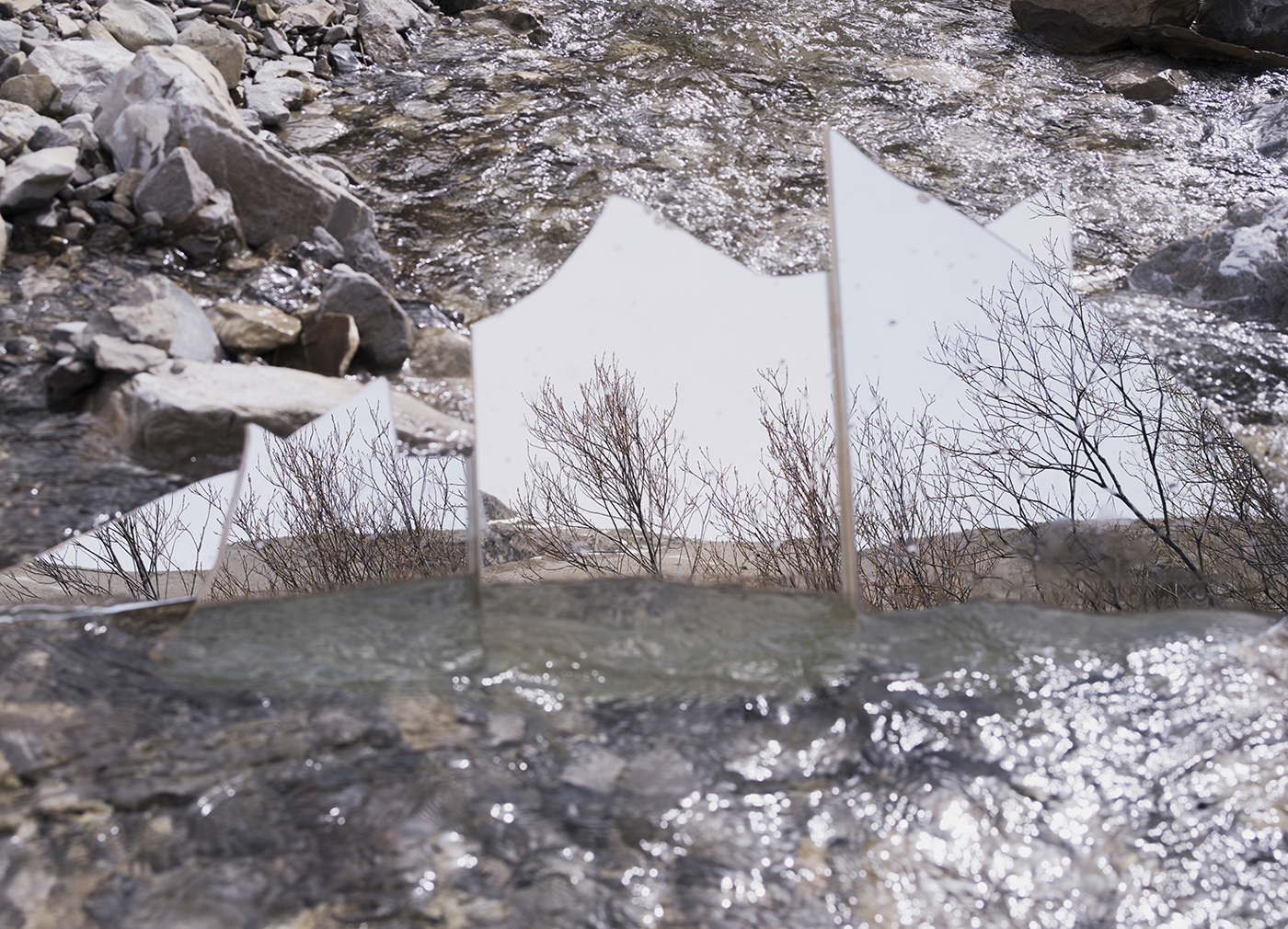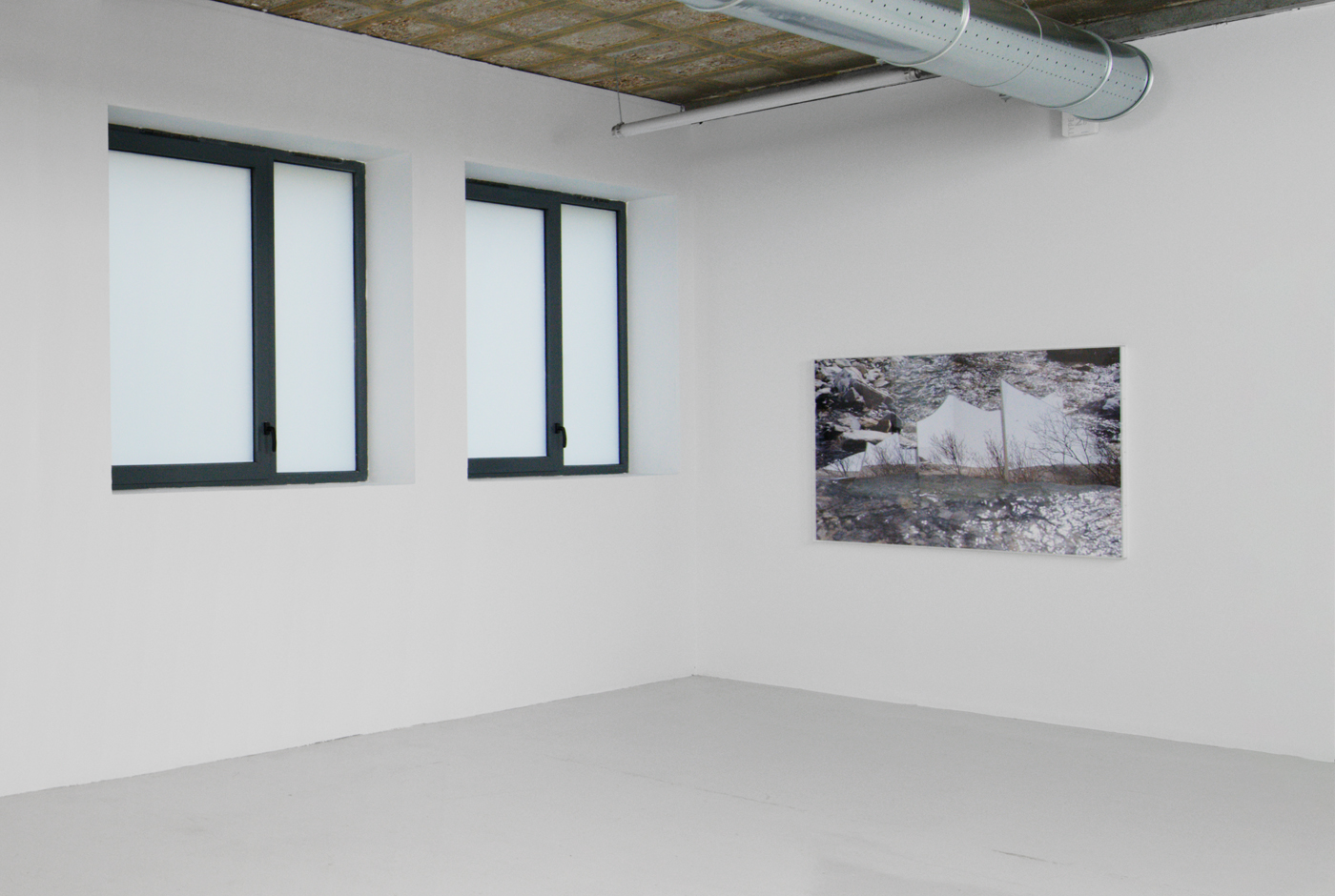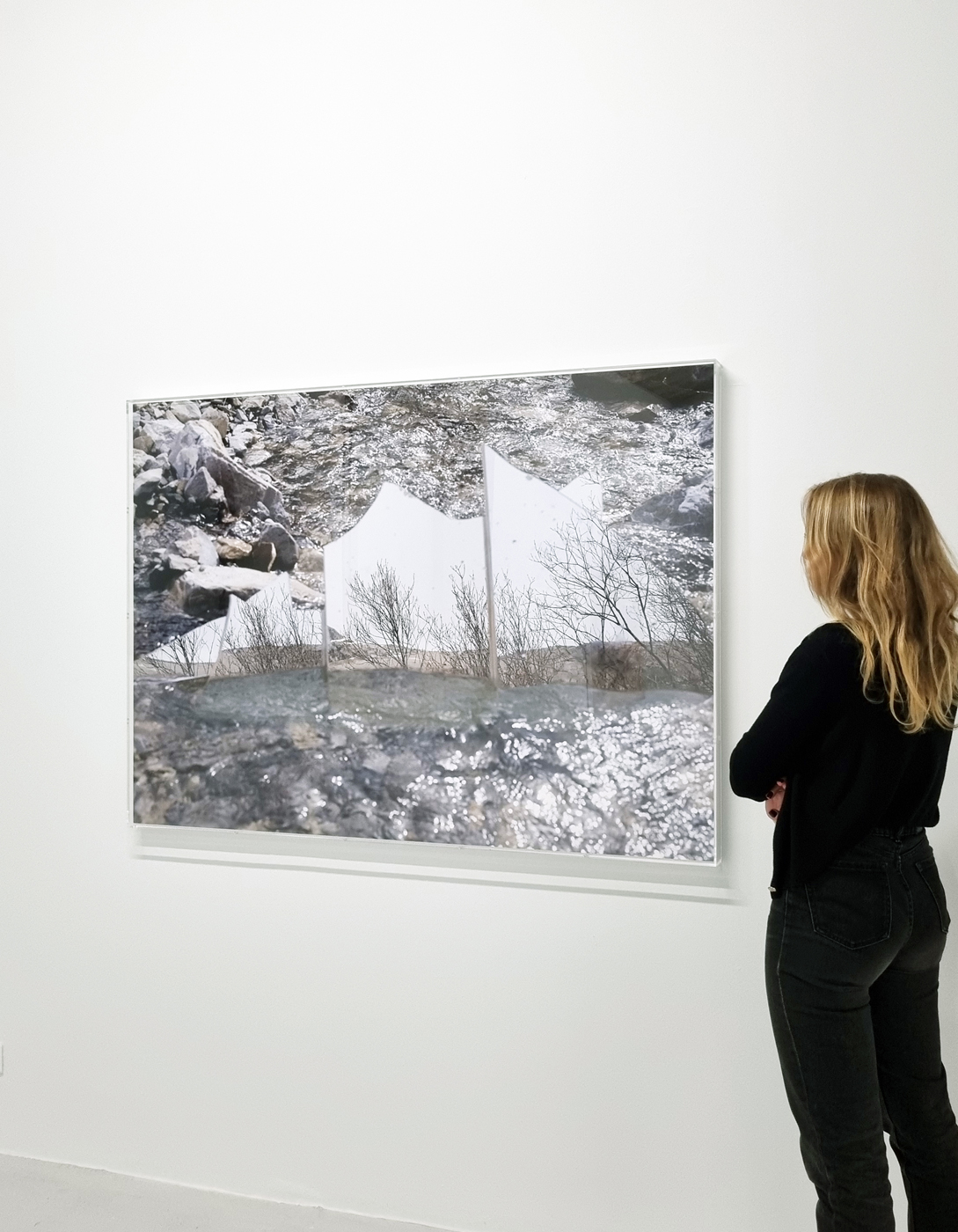Patrick
Tosani
Tosani
Trois éléments, 2024

Patrick Tosani
Trois éléments, 2024
Printed on Canson Baryta Prestige II 340 gr
106 x 147 cm ( 107 x 149 x 6 cm framed )
Edition of 5 ex + 1 AP
© Patrick Tosani - ADAGP
Courtesy de l'artiste & Galerie In Situ - fabienne leclerc, Grand Paris

Patrick Tosani
Trois éléments, 2024

Patrick Tosani
Trois éléments, 2024
1/3